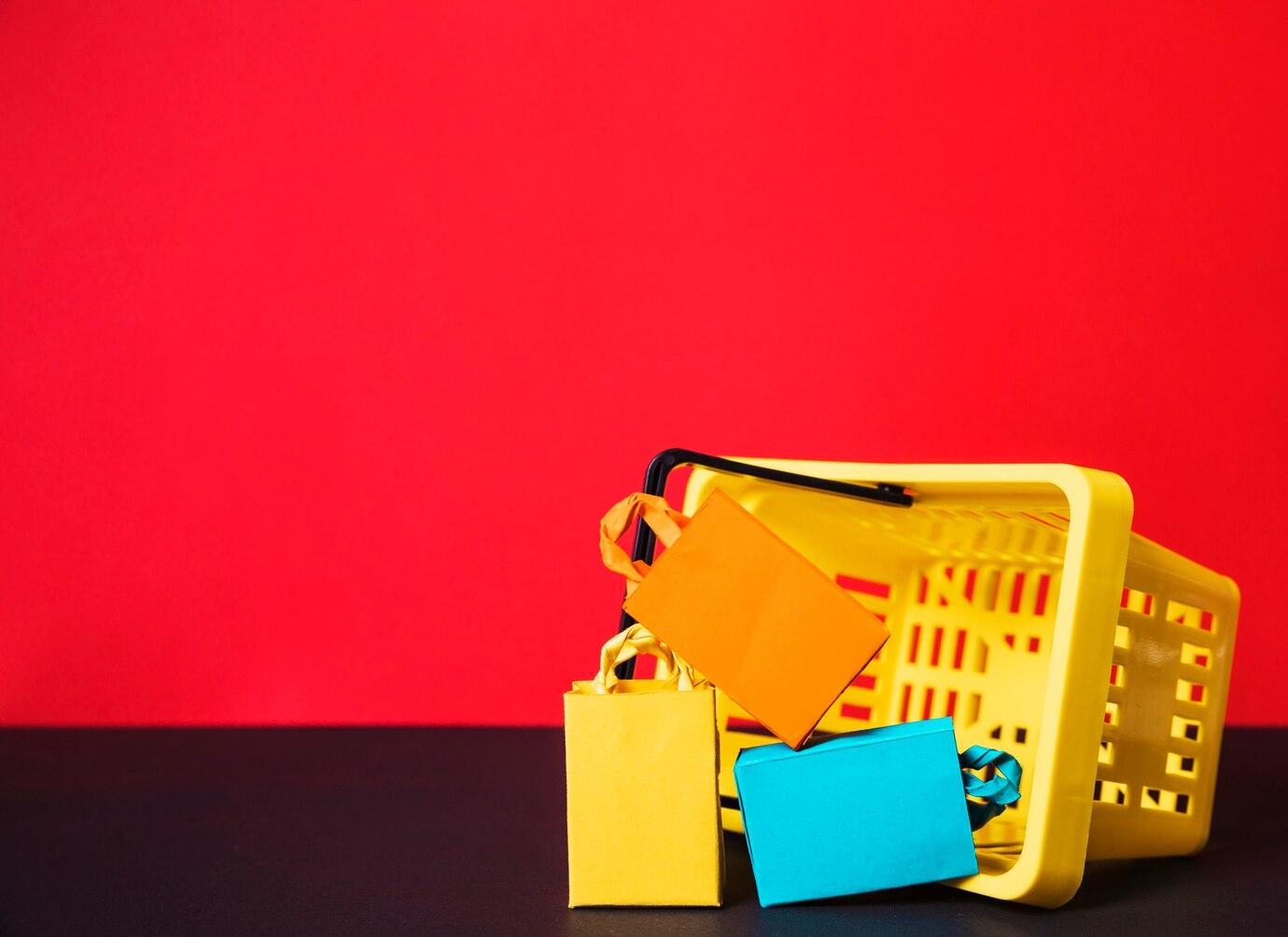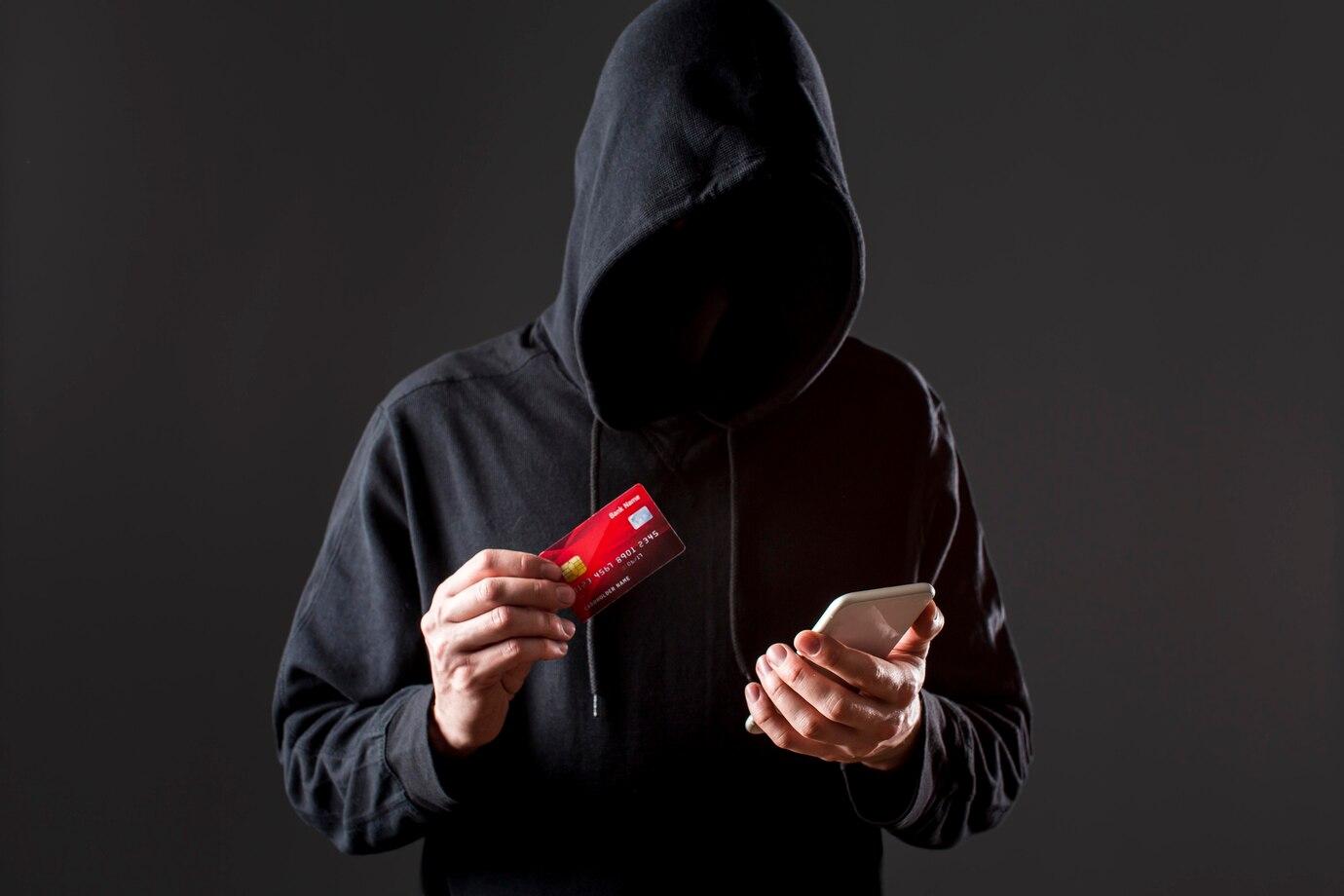In recent years, online commerce has gained rapid popularity, and e-commerce platforms like OLX, Avito, and eBay have become major services for selling goods. However, with the increase in the number of users and transactions, the risk of encountering scammers also rises.
Understanding the Scale of the Problem
According to statistical data, more than 60% of marketplace users have encountered various forms of fraud. This may be due to several factors, such as the anonymity of the internet, the absence of face-to-face meetings between buyer and seller, and users' lack of awareness about such risks. As practice shows, scammers use various tricks to deceive trusting buyers and sellers.
Main Types of Fraud
One of the most common types of deception is the fake listing. This typically occurs when a scammer posts an ad on the platform offering goods at an unnaturally low price. These ads are often accompanied by attractive photos and convincing descriptions.
Another popular method of deception is the use of "duplicate sites." Scammers create websites that visually resemble the official interface of well-known marketplaces but are actually traps for users. When a customer visits such a site, they may believe the transaction is secure until they lose their personal data or funds.
Another strategy of deception is using fake accounts. Scammers can create a profile with positive reviews and ratings to gain the trust of potential buyers. After receiving the funds, these accounts are often blocked or simply disappear.

How to Ensure the Security of Your Transactions?
When it comes to buying or selling on marketplaces, it is important to follow basic recommendations that can help avoid fraud.
Check the Seller or Buyer
The first thing to pay attention to is the rating and reviews of the person you intend to transact with. On platforms like Avito and OLX, users leave reviews about sellers and buyers. However, do not rely solely on the number of reviews. Pay attention to their content. If the reviews mention suspicious activity, it is better to avoid the transaction.
Analyze All Offers.
If you come across an ad with a low price, try to understand why it might be attractive to other buyers. Such offers often hide tricks from scammers. Compare the price with similar items and be cautious.
Protect Personal Data
When purchasing on marketplaces, it is necessary to avoid disclosing personal information, such as phone numbers, addresses, and other contact details, until the transaction is finalized. Do not provide information that is not required to complete the transaction successfully. Also, be cautious with requests for payment through unknown payment systems. It is optimal to use the built-in payment mechanisms of marketplaces that offer protection to both buyers and sellers.

Transaction Procedure
When conducting a transaction, it is advisable to choose a payment method that provides protection. For example, using escrow services provides additional guarantees, as the funds will be released to the seller only after the buyer has received the goods.
Examples of Fraud Schemes
To better understand how scammers operate, let's look at a few examples of the schemes they use.
"Order through the site" Scheme
A scammer may create a fake site that the buyer will visit. After this, they will be asked to fill out an order form, where bank card details and personal information will be requested.
Fake Couriers
The scheme may involve the scammer setting up a meeting and offering the buyer courier services to supposedly deliver the goods. However, instead, they ask for payment for their services in advance or even request a prepayment for the goods. After receiving the money, communication with the scammer usually ceases, and no goods are delivered.
Fake Lotteries and Promotions
Scammers may also offer users participation in promotions or lotteries, where a certain amount must be paid for "participation." They usually promise to return the invested funds or offer prizes. In reality, all of this is designed to deceive the participant and take their money.

What to Do if You Become a Victim of Fraud?
If you have encountered fraud and have been deceived on a marketplace, it is important to take immediate steps to protect your rights.
Report the Fraud
The first step is to report the incident to the platform's support. Modern marketplaces have security teams that investigate such cases. The more fraud reports there are, the quicker measures are taken to block suspicious accounts.
Additionally, you can contact law enforcement agencies.
Change Passwords and Protect Accounts
If you believe your accounts may have been compromised, immediately change your passwords on all your online resources and services. If you used the same passwords on different platforms, it is recommended to change them to avoid further breaches.
Contact the Bank
If you provided your bank card or other account information, contact your bank. They may be able to stop the transaction or protect your account from unauthorized access.

Conclusion
Fraud on marketplaces is a serious problem that affects many users. However, by being aware of the possible tricks of scammers and following simple recommendations, you can significantly reduce the risk of becoming a victim of fraud. Be attentive, check sellers, and do not share personal data unnecessarily. If you do encounter fraud, act quickly and decisively. Do not let scammers use your success in trade against you.
